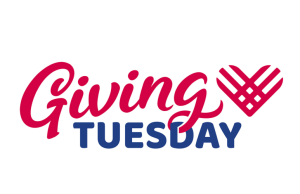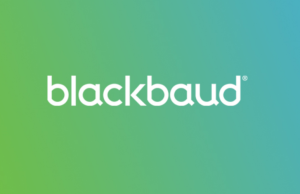An agreement between four charities and New York State Attorney General’s Office will provide another nearly $10 million to address “unmet needs,” nearly a year to the day after the storm hit New York City. New York Attorney General Eric Schneiderman announced the agreement, which also includes a change in the way the American Red Cross (ARC) will solicit donations for future disasters.
The agreement outlines how the ARC will solicit donations following future disasters.
Of the $308 million raised by the ARC for Sandy efforts, some $280 million has been spent or allocated, including $60 million in grants to partner organizations.
The ARC will provide $6 million in new funding to address housing-related needs resulting from Sandy, on top of the $308 million. Agreements with three other charities were secured:
- Brees Dream Foundation, established by New Orleans Saints quarterback Drew Brees and his wife, will disburse $225,000 in unspent Sandy-related donations by Oct. 1, 2014;
- Kids In Distressed Situations (KIDS), Inc. will disburse more than $288,000 in unspent donations by early next year; and,
- New York Annual Conference on the United Methodist Church (NYAC) will disburse $3.15 million, with $1 million by Aug. 31, 2014, and $1 million per year in each of the next two years.
The attorney general’s Charities Bureau reviewed Sandy-related contributions to make sure funds were distributed as advertised to donors, with some $575 million raised in all for Sandy relief. The bureau sought information from almost 90 charities engaged in fundraising and the agreements reached with the four charities were part of that effort.
Approximately $1 million will be put toward people still in hotels whose city funding ran out, and $3 million dedicated to rental assistance for people not eligible for funding from the Federal Emergency Management Agency (FEMA), according to Suzy DeFrancis, chief public affairs officer at the ARC. Another $2 million will be set aside to address needs as they come up, she added. “We came up with that figure based on needs we’re aware of and some that would probably occur later on,” she said.
The ARC must change how it solicits donations. “Transparency and awareness for online donors would be assisted” by omitting any reference to a specific disaster in the online disaster relief solicitation language of the organization’s donation landing page, according to the seven-page agreement.
Online donors who want to make a restricted donation to a specific disaster would be directed to a mail-in form, allowing them to designate the cause by check, with the option of having the check returned. In the wake of a disaster, the ARC also will assess whether it has raised more than its anticipated expenses for the disaster and discontinue disaster-specific fundraising language if necessary.












